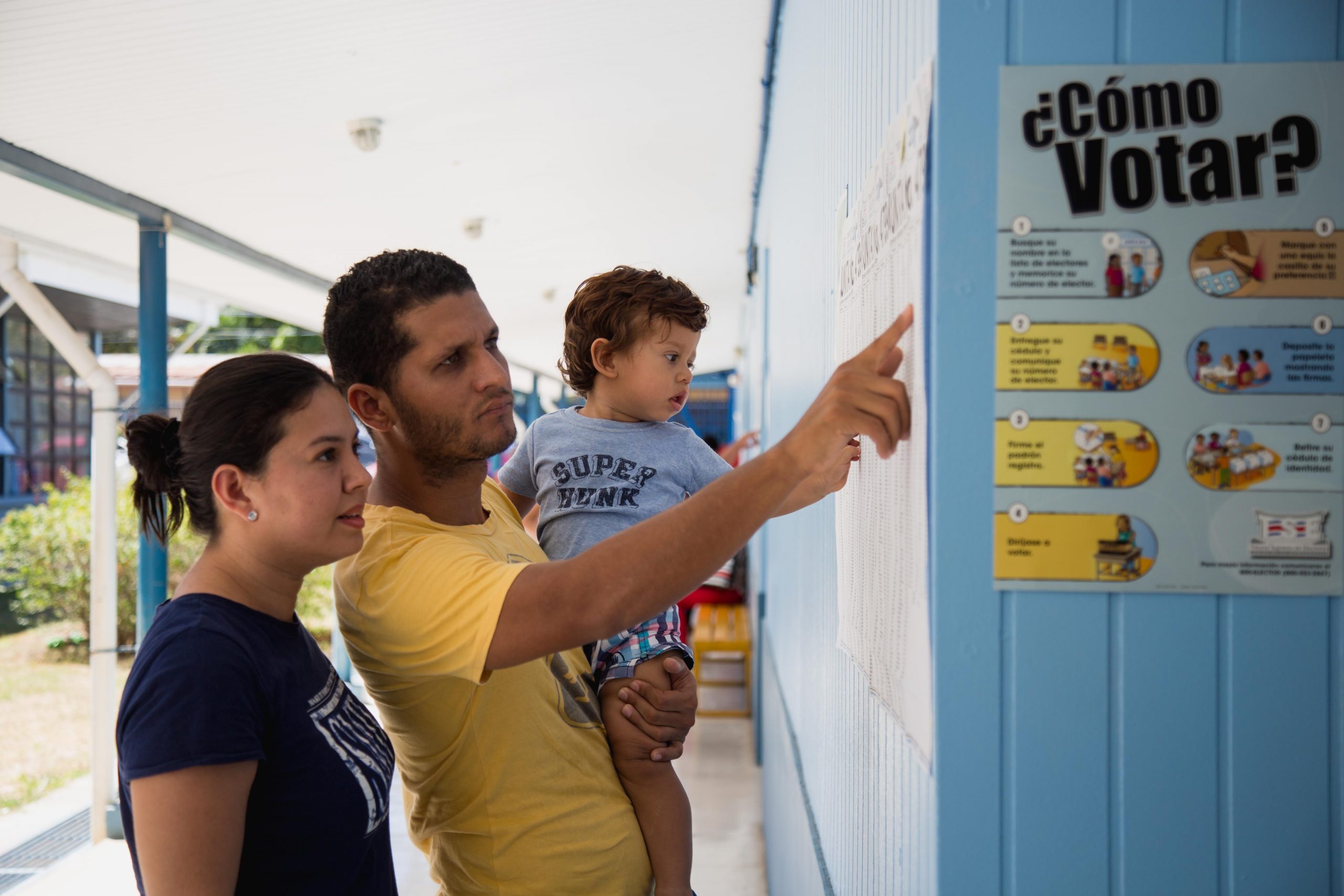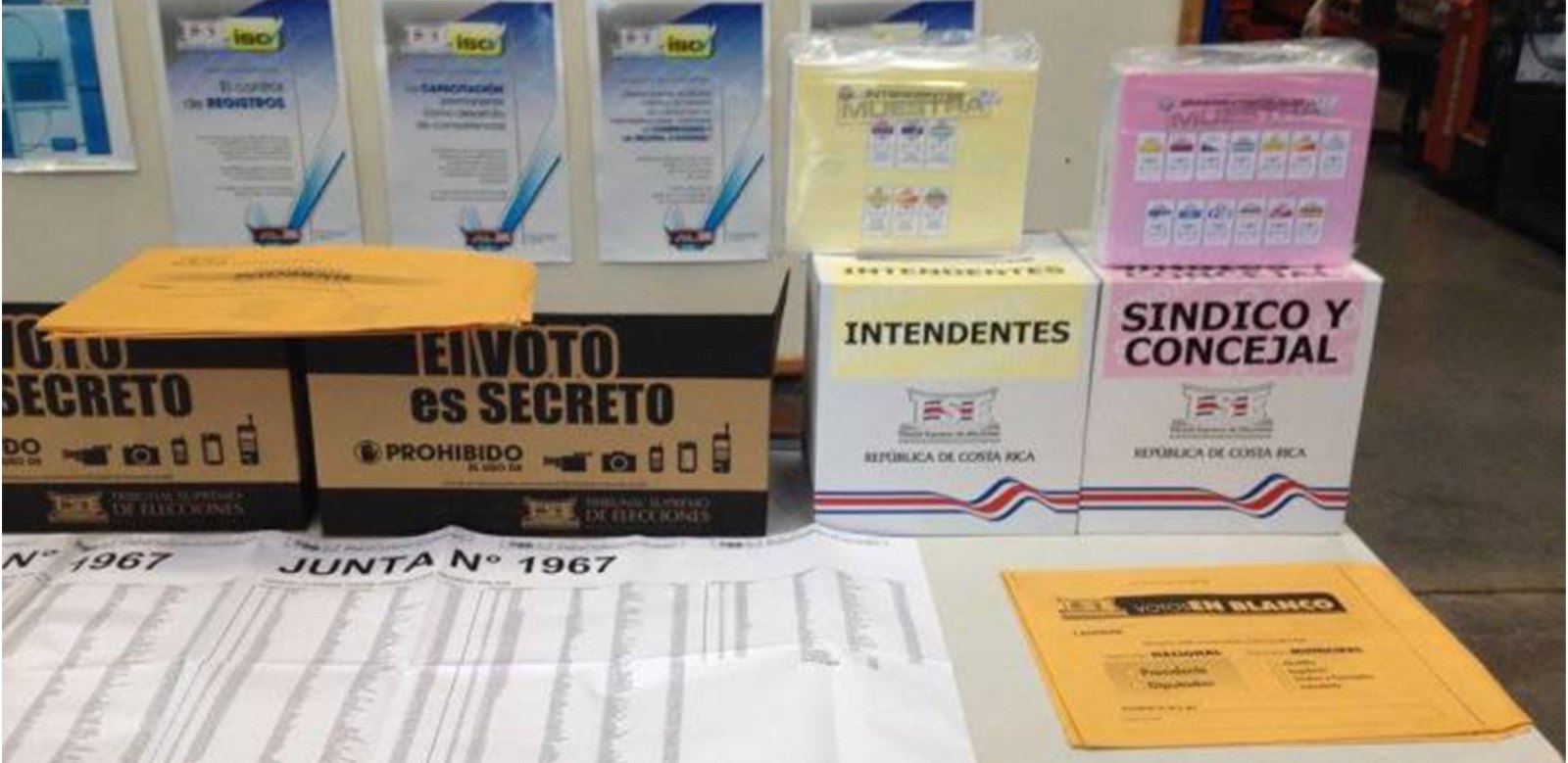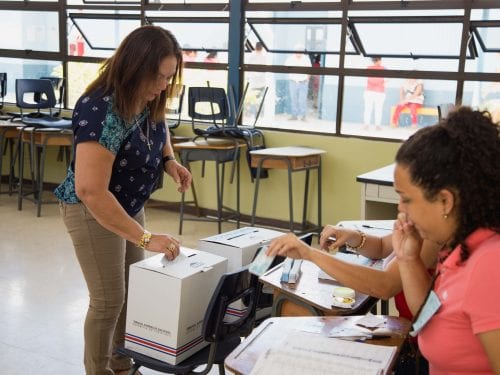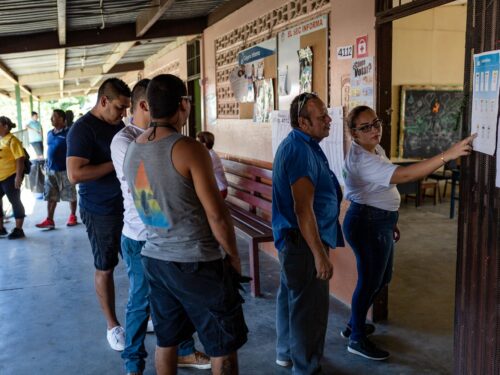
An initiative will create forums for virtual dialogue between community representatives and each party’s primary candidate for the province.
This project is called “Diálogos políticos desde los territorios” (Political Dialogues from the Territories), led by the Political Studies Research Center (CIEP for the Spanish acronym) from the University of Costa Rica (UCR) and the Institute for Municipal Education and Training and Local Development (IFCMDL for the Spanish acronym) from the State Distance University (UNED for the Spanish acronym).
Both institutions noted that, during election times, political discussions are concentrated on the Central Valley “and the needs and demands that the territories have had for years are scattered,” explained CIEP’s project coordinator, Vanessa Beltran.
The idea is for it to be a dialogue, beyond a debate. It’s an important conceptual bet in which the focus is on the people and not on the candidates, and where there will be a forum for them to place local demands,” she added.
IFCMDL’s territorial coordinator for the central region, Rebeca Bolaños, agrees with her, highlighting the importance of “recovering the community’s voice.”
“This is this dialogue exercise’s novelty and added value: giving a face, image and voice to these people who are the ones who know best how they experience these problems. The concerns won’t be generated from the interpretation of the institutions, UCR and UNED, but from the people themselves,” she pointed out.
Each province will have several meetings, taking into account the number of candidates and political parties that register. The dialogues will take place between November and December through the Zoom platform and Guanacaste will be the first province to get to talk with its candidates.
To participate, you have to complete this form (in Spanish) before October 18. The organizational team is using the form to gather the concerns of Guanacastecans around topics such as work, health, infrastructure, environment and violence. Through the form, they also want to know if people intend to participate in the Zoom sessions.
So far, the team has identified that concerns in Guanacaste revolve around employment and the environment.
We already know that a lot of debates are coming at the national level and we know that certain sectors tend to have greater ease of participation, like the chambers of tourism, livestock and agriculture,” pointed out Arturo Silva, one of the organizers in the province.
“So our interest is to collect the concerns and voices from the communities and also give them a forum for dialogue,” he added.
The Dynamics
The organizational team will divide each session into three blocks. In the first one, with flash questions, the candidates will have 15 seconds to answer a question “yes” or “no” and give the reason for their answer.
In the second block, a person from the community will discuss a specific topic with the candidate. And in the third, candidates will give a closing message or speak in-depth on any idea that interests them.
The Onda UNED audiovisual production team and Channel 15, from UCR, will work on post-production of the dialogues to publish them on social networks and broadcast them on national television beginning in January.
For the organizational team, the dynamics present several challenges. One of them is to combat apathy towards party politics.
[It has been a challenge] to find people who want to participate in the process without having this apathy present or doubting ‘who am I to speak to a candidate for legislator?’ [Another challenge is] to tear down that power structure and [the idea of] how inaccessible politicians are to people,” explained Bolaños from IFCMDL.
“[Participating] has to be important to us because we have to validate democracy and know that it isn’t exercised by just the president or the legislators. It’s something for everyone: to participate, check on and assess the inter-institutional efforts that are being made,” she added.







Comments